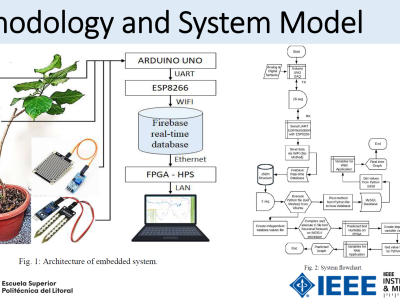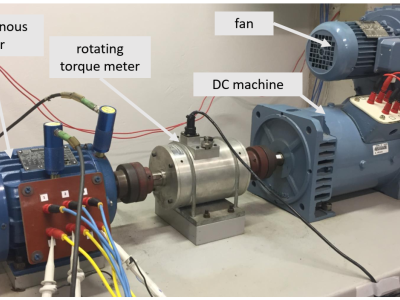MRO_ML_Analysis

- Citation Author(s):
-
Yuqiu Jiang
- Submitted by:
- Yuqiu Jiang
- Last updated:
- DOI:
- 10.21227/xbpf-m598
 195 views
195 views
- Categories:
Abstract
Physically unclonable functions (PUFs) are hardware security primitives that utilize non-reproducible manufacturing variations to provide device-specific challenge-response pairs (CRPs). Such primitives are desirable for applications such as communication and intellectual property protection. PUFs have been gaining considerable interest from both the academic and industrial communities because of their simplicity and stability. However, many recent studies have exposed PUFs to machine-learning (ML) modeling attacks. To improve the resilience of a system to general ML attacks instead of a specific ML technique, a common solution is to improve the complexity of the system. Structures, such as XOR-PUFs, can significantly increase the nonlinearity of PUFs to provide resilience against ML attacks. However, an increase in complexity often results in an increase in area and/or a decrease in reliability. This study proposes a lightweight ring oscillator (RO)-based PUFs using an additional modulus process to improve ML resiliency. The idea was to increase the complexity of the RO-PUF without significant hardware overhead by applying a modulus process to the outcomes from the RO frequency counter. We also present a thorough investigation of the design space to balance ML resiliency and other performance metrics such as reliability, uniqueness, and uniformity.
Instructions:
PDL and IPD raw data are collected from Xilinx Zynq 7000 SoC hardware implementation. ML analysis data on the impact of MRO on ML resiliency.








